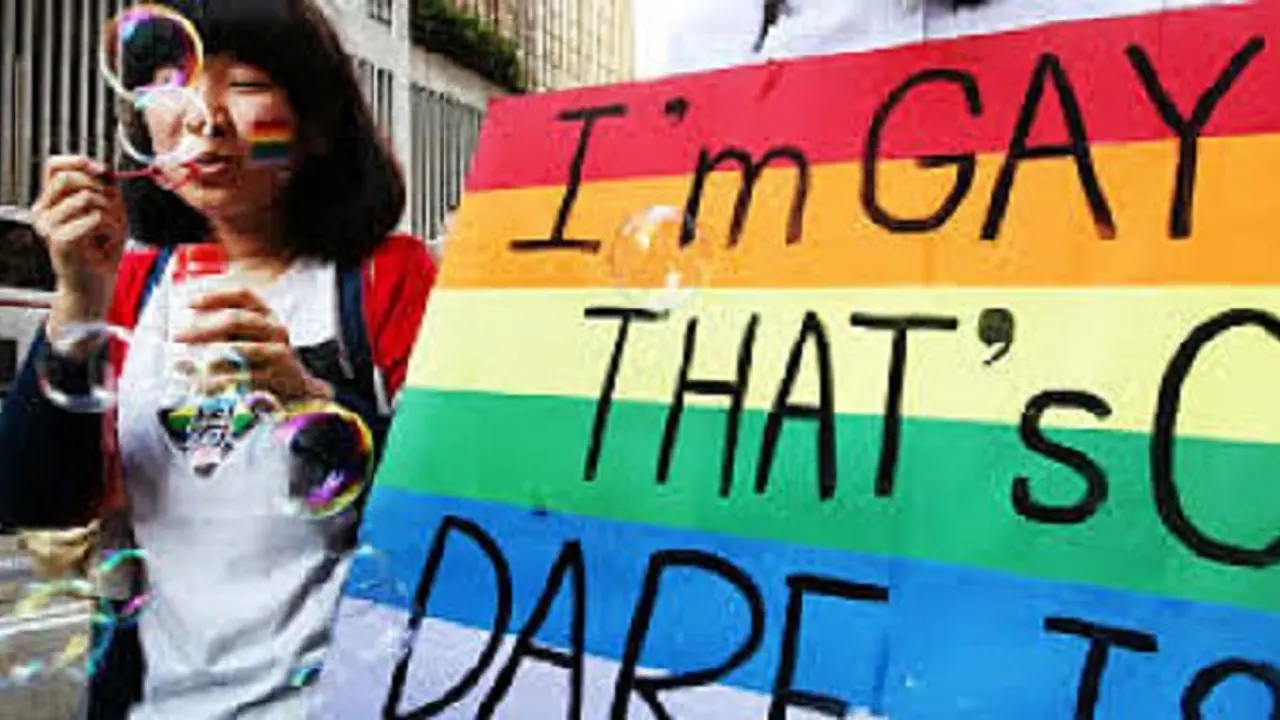The woman had the support of Credit Suisse, Goldman Sachs and Morgan Stanley that firmly believes in diverse hiring practices; employment visas are granted on the basis of skills and talent
In a landmark decision on Wednesday by the top court of Hong Kong, a British lesbian won the right to live and work in Hong Kong with her partner where same-sex unions are not recognised.
The Court of Final Appeal judgement ends the protracted legal battle by "QT", the woman who entered into a civil partnership in Britain in 2011 and moved to Hong Kong with her partner “SS”, the same year.
"The ability to bring in dependants is an important issue," the court said. It said employment visas are granted "because he or she has the talent or skills deemed needed or desirable. Such a person could be straight or gay".
Earlier this month, a lesbian couple in Gujarat, India, had jumped into River Sabarmati after society refused to accept their relationship. One of them had a child, but she was not living with her husband. In India, gay sex marriages are not sanctioned by law.
Back in Hong Kong, QT was denied a dependent visa, forcing her to stay on as a visitor without the right to work. In September last year, she won her case at the Court of Appeal as it ruled immigration authorities had "failed to justify the indirect discrimination on account of sexual orientation that QT suffers". But that decision was challenged by the government and taken to the city's highest court.
Top financial institutions including Credit Suisse, Goldman Sachs and Morgan Stanley have publicly backed QT, saying diverse hiring practices are crucial to attracting and retaining top talent.
In the course of the case, Dinah Rose, representing QT, argued that the attempt of the client was not about social benefits or financial gain, or expecting the immigration department to recognise gay marriage — but "just (to be) able to live with your partner". She added the couple have a "public, registered" and legal bond which is not recognised in Hong Kong and are therefore "placed in a significant disadvantage" compared to straight couples.
David Pannick, representing the government, told the court "marriage creates a status" which in itself justified different treatment for same-sex couples and heterosexual couples.
Conservative activists have launched anti-rights campaigns. Hong Kong's public libraries have recently hidden away LGBT-themed children's books, putting them in request only closed-off areas, sparking outrage among the LGBT community and supporters.
However, a study published by the centre for comparative and public law at the University of Hong Kong said 50.4% of people expressed support for same-sex marriage last year, up from 38% in 2013.
With inputs from agencies
